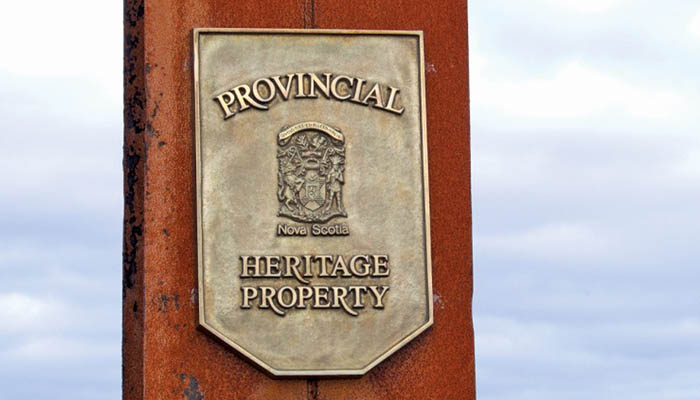Heritage Property
Why is heritage registration important?
Everyone has things that they treasure; mementos and keepsakes that have been saved or passed down through generations as a way of remembering and honouring family, community, events or places.
In many cases, these things don't need to be worth a lot of money to make them special, but rather, are priceless because of the ties they represent to an individual's or a group's historical background.
Heritage values are the tangible and intangible associations a society collectively holds to a person, place or thing. These associations can be both physical and non-physical, including examples such as artifacts, documents, photographs, traditions, folklore, and rituals.
Heritage registration is a formalized way of recognizing and protecting the heritage value of historically significant properties. A building’s architecture, its location, its spatial configurations, and the ways it contributes to its surrounding landscape, can serve as evidence of a community’s collective past; physical reminders of where a group of people have come from, who they are and why their society is the way it is.
Through the preservation of such properties, we can experience a substantial part of a place's history and have a way of connecting with those that came before us.
More than just historic homes and churches, built heritage represents a rich assortment of structures and places that help define a community's shared history.
Bridges, industrial sites, cemeteries, landscapes, agricultural buildings and archaeological sites are all examples of the kind of landmarks that embody a place's unique history and contribute to a deeper understanding of a society's development.


